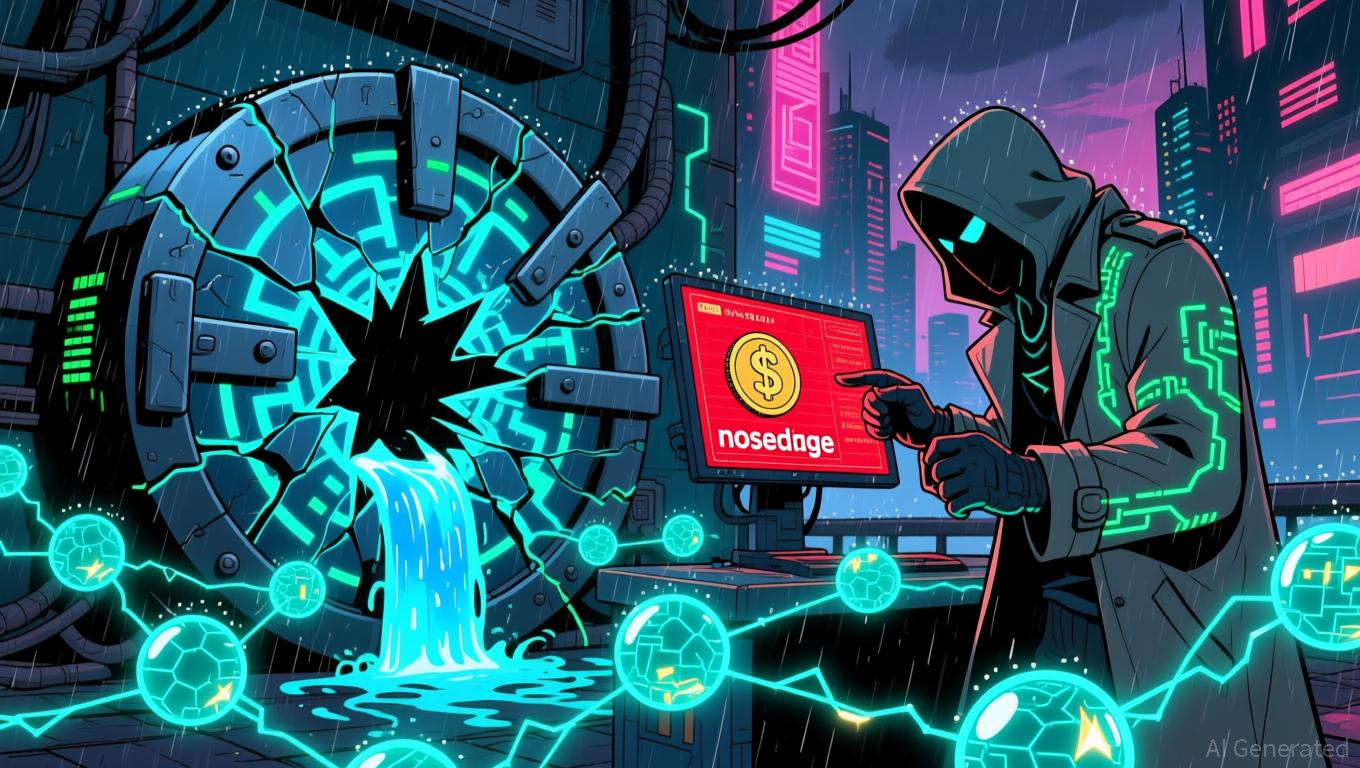Swiss investigation targets FIFA's blockchain-based "right to buy" tokens
- RTB investigated for alleged similarity to games
- Tradable Tokens on FIFA's NFT Marketplace
- Platform migrated to Avalanche blockchain
The Swiss gambling regulator (Gespa) has opened a preliminary investigation into whether “right to purchase” tokens — or RTB —sold by FIFA before the 2026 World Cup fall under gambling regulations. No formal charges have been filed so far.
The analysis focuses on determining whether these tokens, which are tradable on FIFA's NFT marketplace, have gambling-like characteristics or merely represent conditional purchase rights. The Swiss authority has not yet received any complaints or identified any irregularities, but is gathering facts to decide whether any action is necessary, Manuel Richard, the agency's director, told Bloomberg.
According to FIFA itself, RTB tokens are not tickets: they grant the holder the right to purchase a ticket at its original price, provided specific conditions are met. These tokens reserve a purchase window for specific matches and can be traded on the secondary market through the FIFA platform, in partnership with Modex.
The RTB initiative debuted at the 2024 World Cup final, with 1.000 opportunities available to fans. Team-linked tokens are only activated if the corresponding country qualifies, and can then be sold on the native marketplace.
For the 2026 tournament, which will be hosted by the USA, Canada, and Mexico, "Right to the Final" tokens range in price from $299 to $999, depending on the team. Many are already sold out, with favorites like Brazil, England, and Argentina in the higher ranges, while underdogs have lower prices.
FIFA argued that RTBs offer a solution to the strong demand for tickets — for the 2022 World Cup alone, there were 3,4 million tickets for 23 million requests, according to data released by the organization.
In parallel, FIFA migrated its digital collectibles platform, FIFA Collect, to its own blockchain-based technology Avalanche —, abandoning the Algorand network. The move aims to ensure greater control and compatibility with wallets and dApps in the EVM ecosystem. This infrastructure should also support other Web3 products, such as mobile gaming. FIFA Rivals, which allows the exchange of NFT cards and club management in the blockchain universe.
Disclaimer: The content of this article solely reflects the author's opinion and does not represent the platform in any capacity. This article is not intended to serve as a reference for making investment decisions.
You may also like
Blockchain’s Defense Dilemma: Tackling Present-Day Attacks and the Emerging Quantum Challenge
- Port3 Network suffered a $14.45M loss after a hacker exploited a BridgeIn protocol flaw to mint and dump 162.75M PORT3 tokens, triggering an 82% price crash. - The attacker burned 837.25M tokens post-sale, while Port3 halted liquidity and deposits to contain the damage, though the token remains at $0.0086. - QANplatform's quantum-resistant QAN XLINK protocol passed a Hacken audit, addressing long-term risks as 65% of Ethereum addresses face quantum vulnerability. - The incident highlights DeFi's dual thr

Market Consolidation Near Breakout Zone: 5 Altcoins Traders Are Watching for the Next Major Move

Massive Setup Ahead: 5 High-Risk Altcoins Posting +40% Monthly Gains and Poised for a 2x–3x Move

Bitcoin ETF Volume Hits a New 11.5B Peak as IBIT Drives 8B Flow Today

